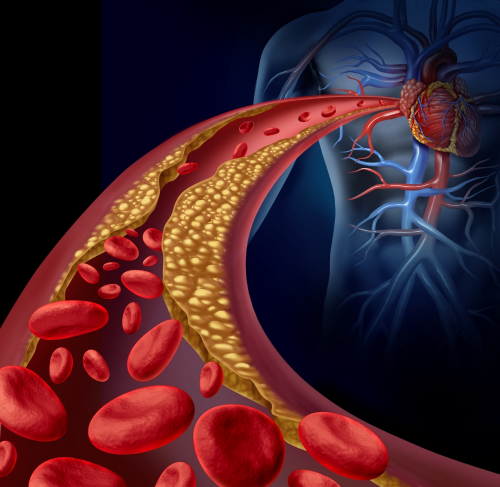Cholesterol is a type of fat that is found in your blood. It is an essential substance that is used to build cells and produce hormones. However, having too much cholesterol in your blood can lead to a range of health problems, including heart disease.
Heart disease is the leading cause of death worldwide, and high cholesterol is a major risk factor for developing this condition. When there is too much cholesterol in your blood, it can build up on the walls of your arteries, forming plaques. These plaques can narrow your arteries and reduce blood flow, increasing your risk of heart attack and stroke.
High cholesterol can be caused by a range of factors, including genetics, diet, and lifestyle. Eating foods that are high in saturated and trans fats can increase your cholesterol levels, as can smoking, being overweight, and not getting enough exercise. Some medical conditions, such as diabetes, hypothyroidism, and kidney disease, can also raise your cholesterol levels.
To diagnose high cholesterol, your doctor will typically perform a blood test to measure your cholesterol levels. This test will measure your total cholesterol, as well as your levels of LDL (low-density lipoprotein) and HDL (high-density lipoprotein) cholesterol. LDL cholesterol is often referred to as “bad” cholesterol, as it can contribute to the formation of plaque in your arteries. HDL cholesterol, on the other hand, is often called “good” cholesterol, as it helps to remove excess cholesterol from your blood.
Treatment for high cholesterol typically involves making lifestyle changes, such as eating a healthy diet, exercising regularly, quitting smoking, and losing weight. Your doctor may also prescribe medications, such as statins, to help lower your cholesterol levels.
It is important to take steps to manage your cholesterol levels, as high cholesterol can have serious health consequences. In addition to increasing your risk of heart disease, high cholesterol can also lead to other health problems, such as peripheral artery disease, which can cause leg pain and difficulty walking, and gallstones.
In conclusion, high cholesterol is a common health problem that can have serious consequences. However, with the right treatment and lifestyle changes, it is possible to manage your cholesterol levels and reduce your risk of developing heart disease and other health problems. If you are concerned about your cholesterol levels, speak to your doctor about appropriate screening and treatment options.





